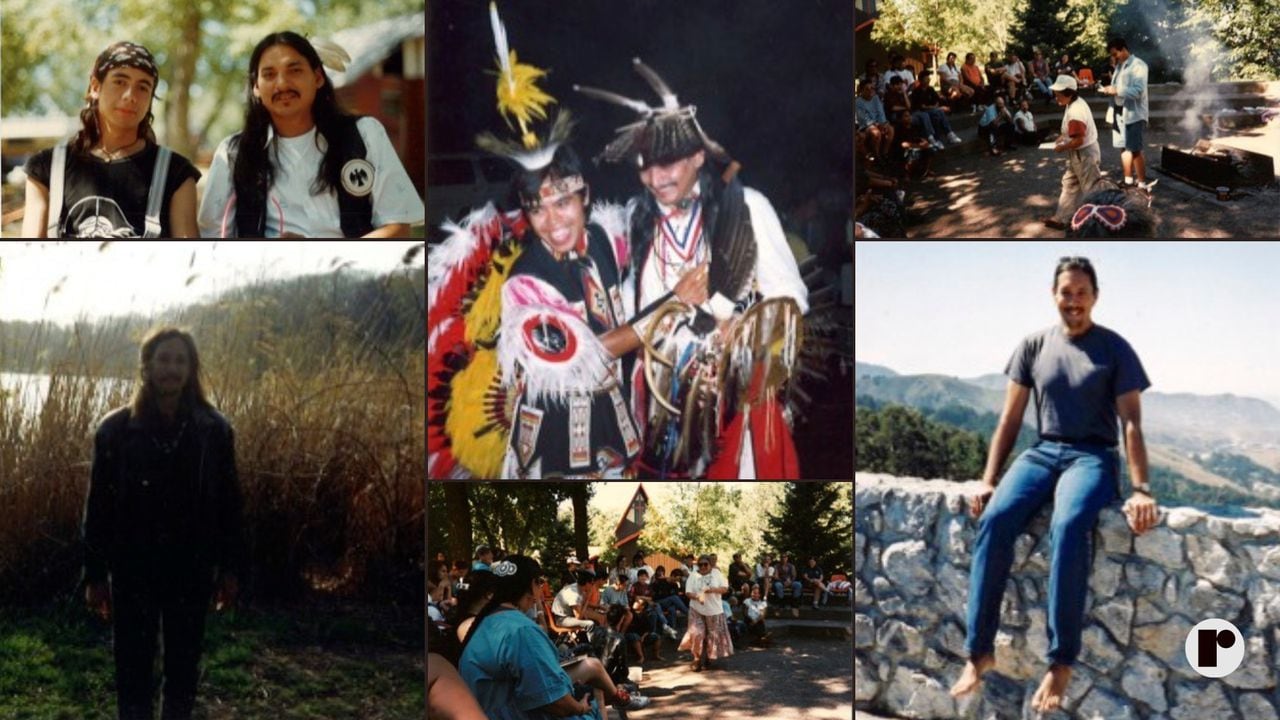From the Queer Archives: How two-spirit gatherings in the Midwest reshaped queer indigeneity
November is Indigenous History Month and a critical opportunity to examine the insertion of indigenous and queer history in the archives. This month, we are highlighting the work of indigenous, two-spirit activist Richard LaFortune (Anguksuar).
LaFortune is a local Twin Cities Native American artist and activist. He was a founder of the American Indian Gays and Lesbians (AIGL) a group critical to advocacy for indigenous LGBTQ people. Founded in 1987 in Minneapolis, Minn., the mission of AIGL was to celebrate and remember “our roles as gay and lesbian people in our traditional indigenous cultures and reclaim the spirituality of our cultures.” AIGL and Lafortune focused on providing information by and for LGBTQ indigenous peoples while breaking down the isolation among LGBTQ indigenous people in rural reservation and urban landscapes.
Although AIGL’s work happened locally in the Twin Cities and throughout greater Minnesota, the work of LaFortune led to the founding of the International Two-Spirit Gathering of North America in 1988. First held in Minnesota, this international gathering was historically integral to indigenous and queer identity formation throughout the continent. It shuffled between the U.S. and Canada, acknowledging the broad indigenous connections throughout North America. The purpose of the gatherings was to bring together LGBT indigenous peoples, their friends, and lovers to share culture, host a powwow, and create a supportive environment for building community.
Notably, this gathering was originally called the International Native Lesbian and Gay Gathering and it was not until the third gathering in 1990 that the term two-spirit was coined. This gathering has changed the international landscape and our ways of knowing and understanding queer indigeneity. The term two-spirit, although not representative of all queer indigenous peoples, signifies a different way of knowing and understanding gender outside of western heteronormative culture – a critical moment to celebrate this month.
To this day LaFortune is still active at the intersection of indigenous and queer communities, focused on public health and native language revitalization advocacy. His work over the past nearly forty years, continually reminds us of the critical intersection between indigenous and queer communities and the ways that indigenous ways of knowing are critical to understanding LGBTQ identities.
